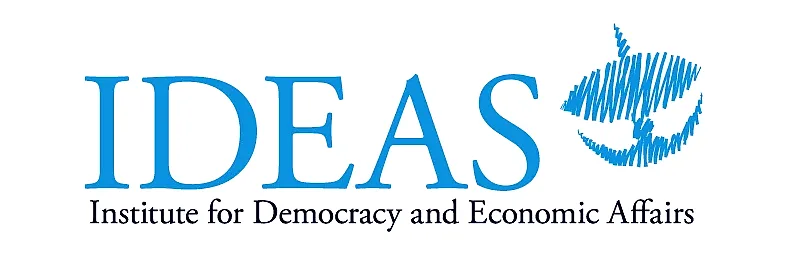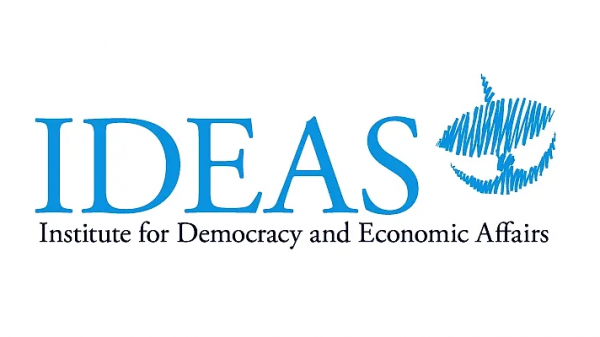
The Institute for Democracy and Economic Affairs (IDEAS) welcomes the new direction introduced by the Prime Minister with the “Membangun Malaysia Madani” theme during the 2023 Budget consultation session on Tuesday, January 17.
It provides an emphasis on poverty alleviation, sustainable growth and further support for the SMEs.
Additionally, it was emphasized that the subsidy rationalization plans were to be guided by evidence and the latest data available.
Such efforts are very much needed for fiscal consolidation in the medium term.
Nevertheless, IDEAS warns that if fiscal consolidation cannot be implemented as part of a medium-term plan, national debt may continue to rise, which can limit fiscal policy space in the event of an economic downturn.
This will impact vulnerable groups disproportionately, especially in times of crises.
IDEAS believes that such efforts are imperative considering the extent to which the pandemic has disproportionately inflicted a heavy burden upon pre-existing vulnerable populations.
The onslaught of Covid-19 has subjected Malaysian youth — already grappling with unfavorable labor market conditions prior to the pandemic — to the compounded effects of unemployment, disrupted education pathways and impaired labor mobility.
While the youth unemployment rate has shown subtle improvements over 2022, it still stands at a worrying figure of 11.9% (329,300 unemployed youths) as of October 2022.
From a gender lens, the “Families on the Edge” study by UNICEF and UNFPA revealed the amplified vulnerability of female-led households, with the pandemic rendering 32% of female household heads unemployed and 57% without access to social protection.
The decreasing trend on the incidence of absolute poverty has somewhat been reversed, increasing to 8.4% in 2020 instead.
Dr. Tricia Yeoh, CEO of IDEAS, emphasized, “With the increase of the national debt to RM1.5 trillion, the government needs to implement a form of fiscal consolidation in order to avoid excessive deficits in the long term and to obtain a sustainable budgetary position.”
To support this process, a form of subsidy rationalization should be carried out — ensuring that subsidies are targeted to the underserved and vulnerable population.
A public consultation paper released by the Ministry of Finance on targeted subsidies in 2022 estimated that the population in the high-income bracket receives three times the amount of benefits when compared to the lower-income bracket.
Data consolidation should be utilized by the government by combining information from different ministries and agencies as a method of targeted assistance.
In the long term, what is necessary for the government is to commit to the Fiscal Responsibility Act in order to strengthen financial discipline in the government and to foster fiscal sustainability in the long term.
This commitment should also be extended to introduce the Government Procurement Act, which aims to strengthen governance and compliance in public procurement and reduce discretionary power to combat corruption.
Additionally, Dr. Juita Mohamad, Director of Research and Director of the Economics and Business Unit at IDEAS, also noted, “As a small, open economy dependent on trade, FDIs are vital to Malaysia’s economic growth in the medium to long term.
To attract FDIs in a sustainable way, apart from clarity in policy direction and implementation, FTAs such as the RCEP and CPTPP, which Malaysia has already ratified, provide bigger market access to MNCs, local firms as well as SMEs.
To ensure that SMEs can also benefit from such mega trade deals, support in training and grants related to upskilling, digitization and automation with minimal red tape, needs to be strengthened.”
The aim for inclusive growth, as highlighted by the Madani theme, promotes the narrowing of inequality among different groups within the Malaysian society.
With the global economic slowdown poised to dampen economic recovery in the near term, it is good to note that the vulnerable groups will be protected and championed.
On this note, Dr. Yeoh concluded, “We look forward to the new Budget 2023 expected to be tabled in Parliament on February 24, and seeing how the ‘Membangun Malaysia Madani’ theme will be reflected in the new government’s first major policy document that sets out its priorities for the year.”
ADVERTISEMENT
ADVERTISEMENT







































